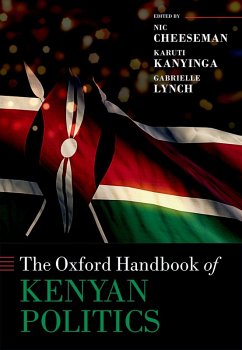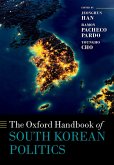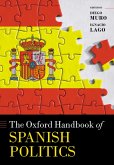Kenya is one of the most politically dynamic and influential countries in sub-Saharan Africa. Today, it is known in equal measure as a country that has experienced great highs and tragic lows. In the 1960s and 1970s, Kenya was seen as a ''success story" of development in the periphery, and also led the way in terms of democratic breakthroughs in 2010 when a new constitution devolved power and placed new constraints on the president. However, the country has also made international headlines for the kind of political instability that occurs when electoral violence is expressed along ethnic lines, such as during the "Kenya crisis" of 2007/08 when over 1,000 people lost their lives and almost 700,000 were displaced. The Oxford Handbook of Kenyan Politics explains these developments and many more, drawing together 50 specially commissioned chapters by leading researchers. The chapters they have contributed address a range of essential topics including the legacy of colonial rule, ethnicity, land politics, devolution, the constitution, elections, democracy, foreign aid, the informal economy, civil society, human rights, the International Criminal Court, the growing influence of China, economic policy, electoral violence, and the impact of mobile phone technology. In addition to covering some of the most important debates about Kenyan politics, the volume provides an insightful overview of Kenyan history from 1930 to the present day and features a set of chapters that review the impact of devolution on regional politics in every part of the country.
Dieser Download kann aus rechtlichen Gründen nur mit Rechnungsadresse in A, B, BG, CY, CZ, D, DK, EW, E, FIN, F, GR, HR, H, IRL, I, LT, L, LR, M, NL, PL, P, R, S, SLO, SK ausgeliefert werden.









